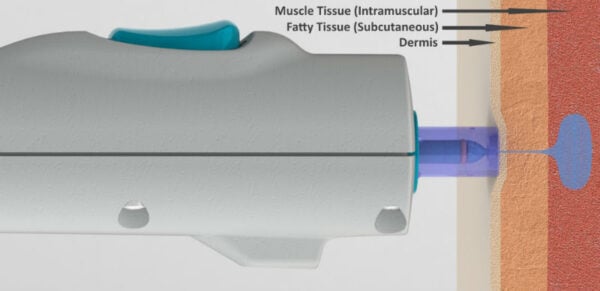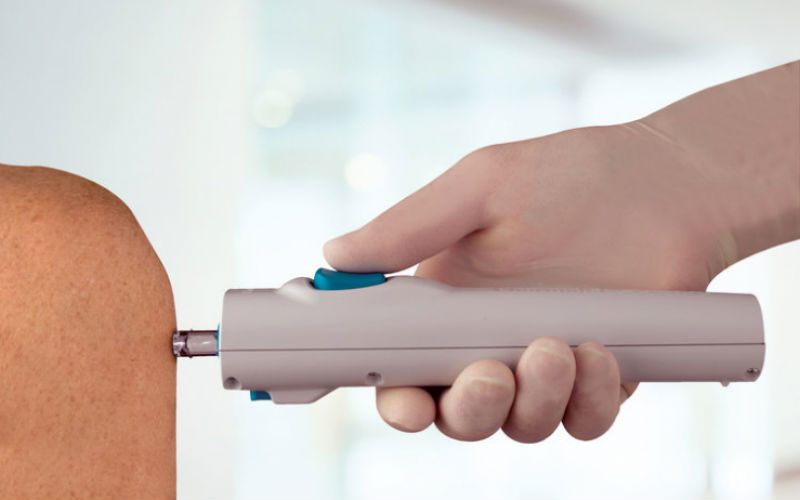The University of Cambridge has received multi-million-pound funding from the government for a clinical trial of its COVID-19 vaccine.
Trial preparations are underway for the vaccine, which will be delivered via an innovative needle-free injection technology developed by US firm PharmaJet.
It is hoped that a successful trial will result in the widespread availability of a low-cost vaccine.
The vaccine has been developed by DIOSynVax, a spinoff company supported by the University of Cambridge, and uses computer modelling of the virus’ structure to identify the distinct genetic code.
The combined artificial intelligence and synthetic biology approach allows for development of a vaccine that is specific to developing antibodies against the SARS-CoV-2 virus.
“Our approach using synthetic DNA to deliver custom-designed, immune-selected vaccine antigens is revolutionary and is ideal for complex viruses such as coronavirus,” said Dr. Jonathan Heeney, CEO of DIOSynVax.
“If successful, it will result in a vaccine that should be safe for widespread use that can be manufactured and distributed at low cost.”
The PharmaJet System was chosen due to its record of increasing the efficacy of nucleic acid-based vaccines and therapeutics.

“It is especially exciting that the clinical trial will test giving the vaccine through people’s skin using a device without any needles as together with stable DNA vaccine technology, this could be a major breakthrough in being able to give a future vaccine to huge numbers of people across the world,” said Professor Saul Faust, director of the National Institute for Health Research Southampton clinical research facility where the clinical trial will take place.
Chris Cappello, president and CEO at PharmaJet, added: “We are pleased to be collaborating with the University of Cambridge and DIOSynVax as the delivery system for their vaccine against the SARS-CoV-2.
“Our needle-free systems have been proven to improve the immune response for multiple RNA/DNA-based vaccines as well as being used to eradicate diseases such as influenza, measles and polio.”


